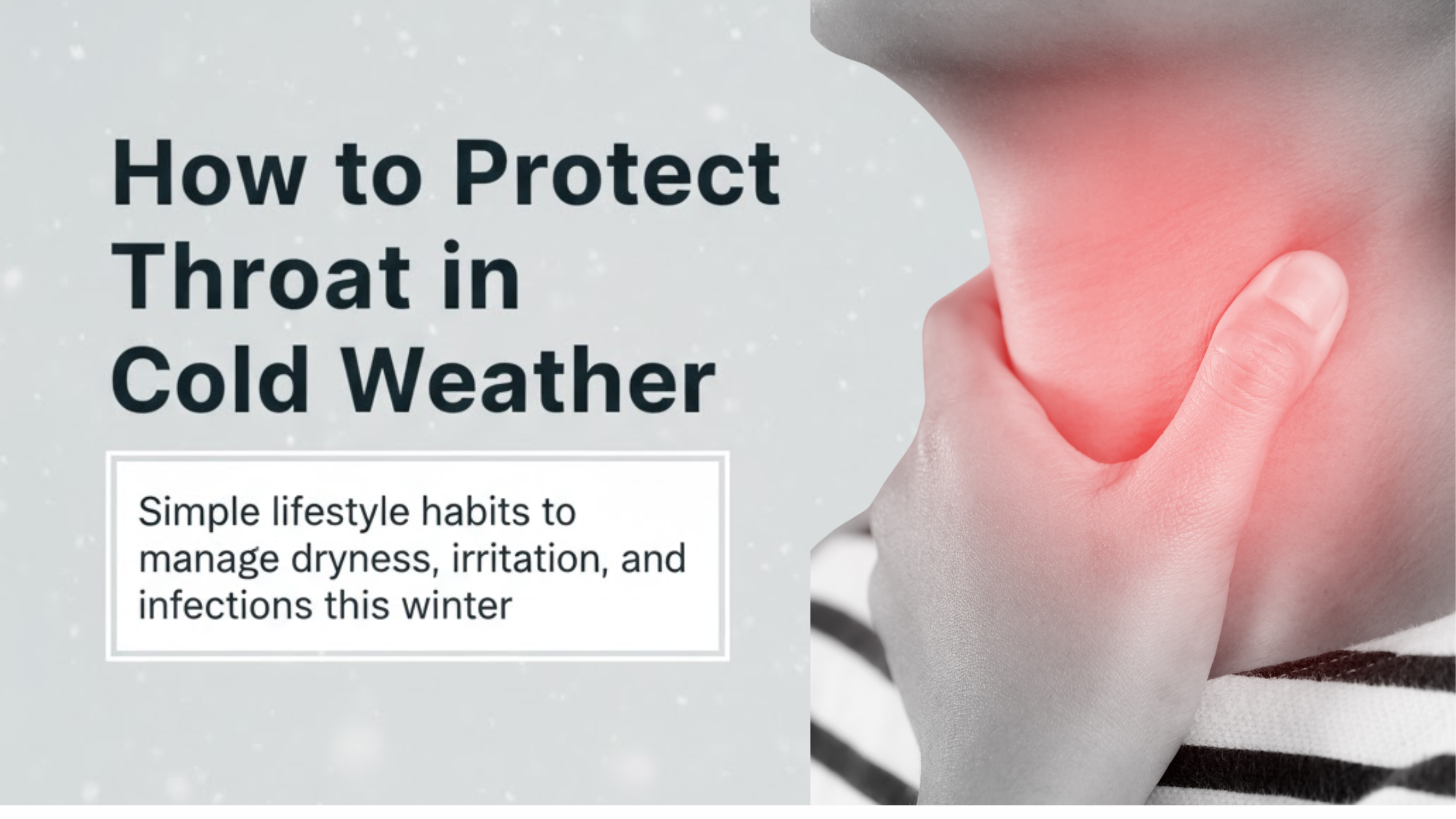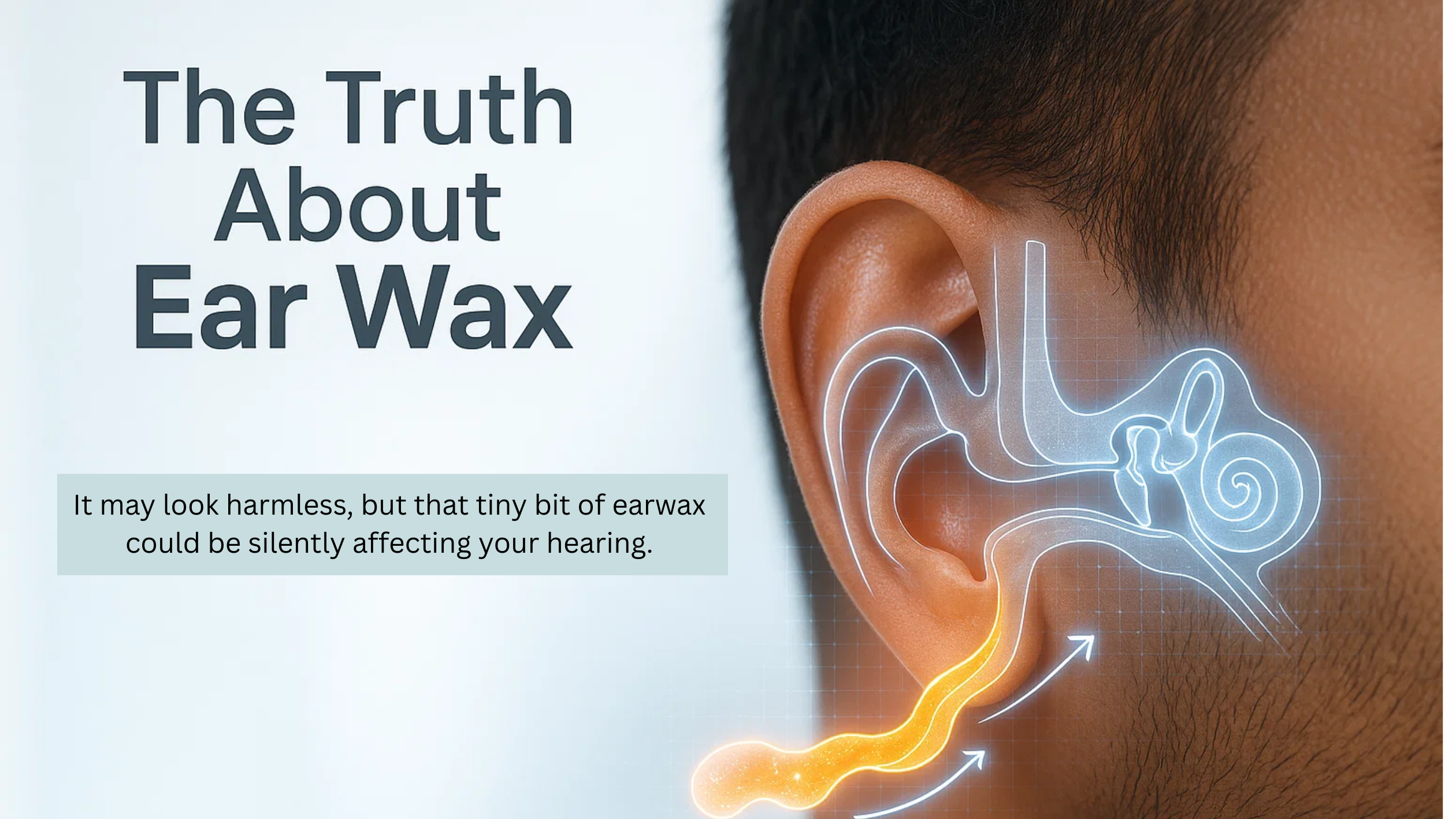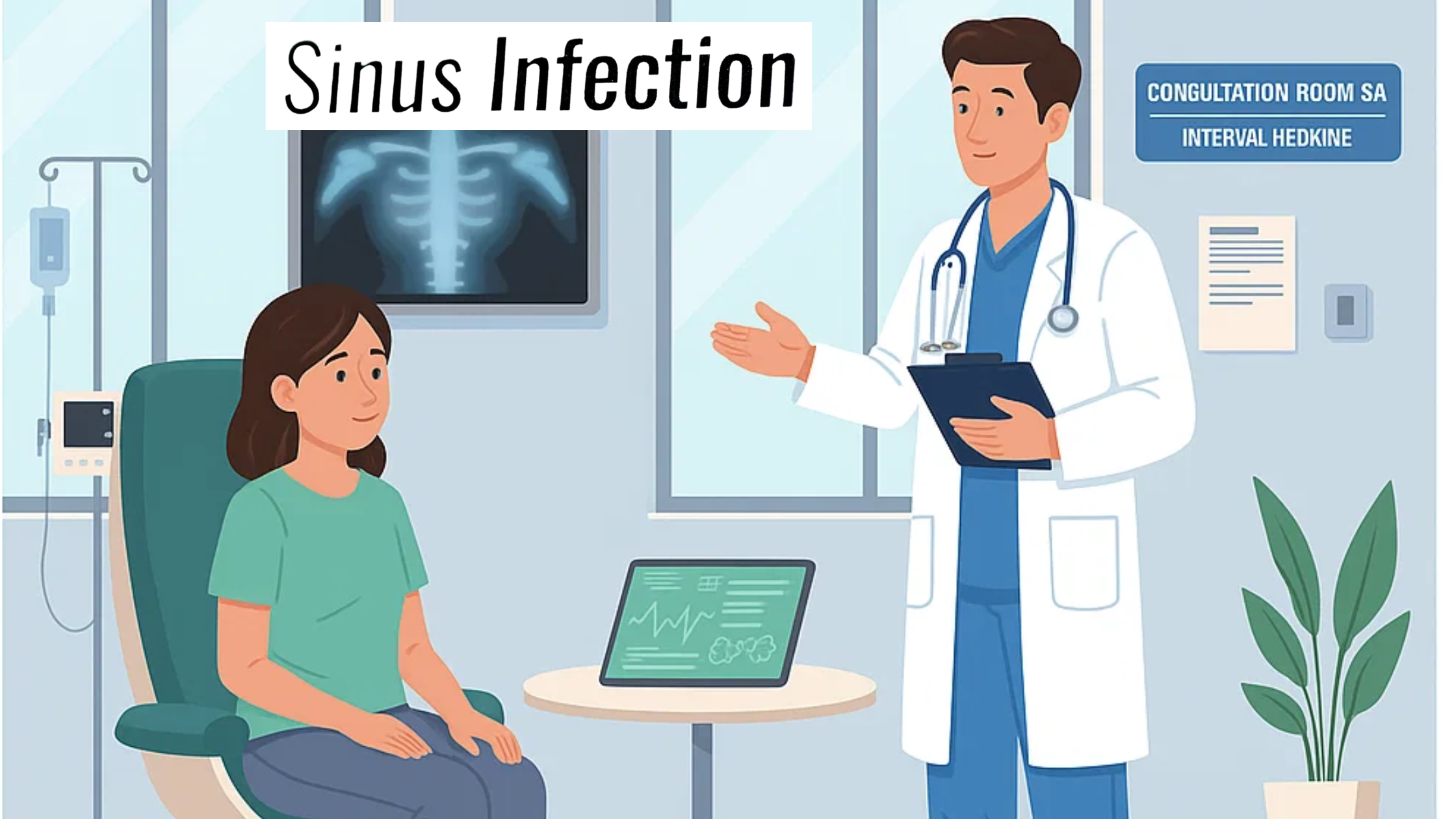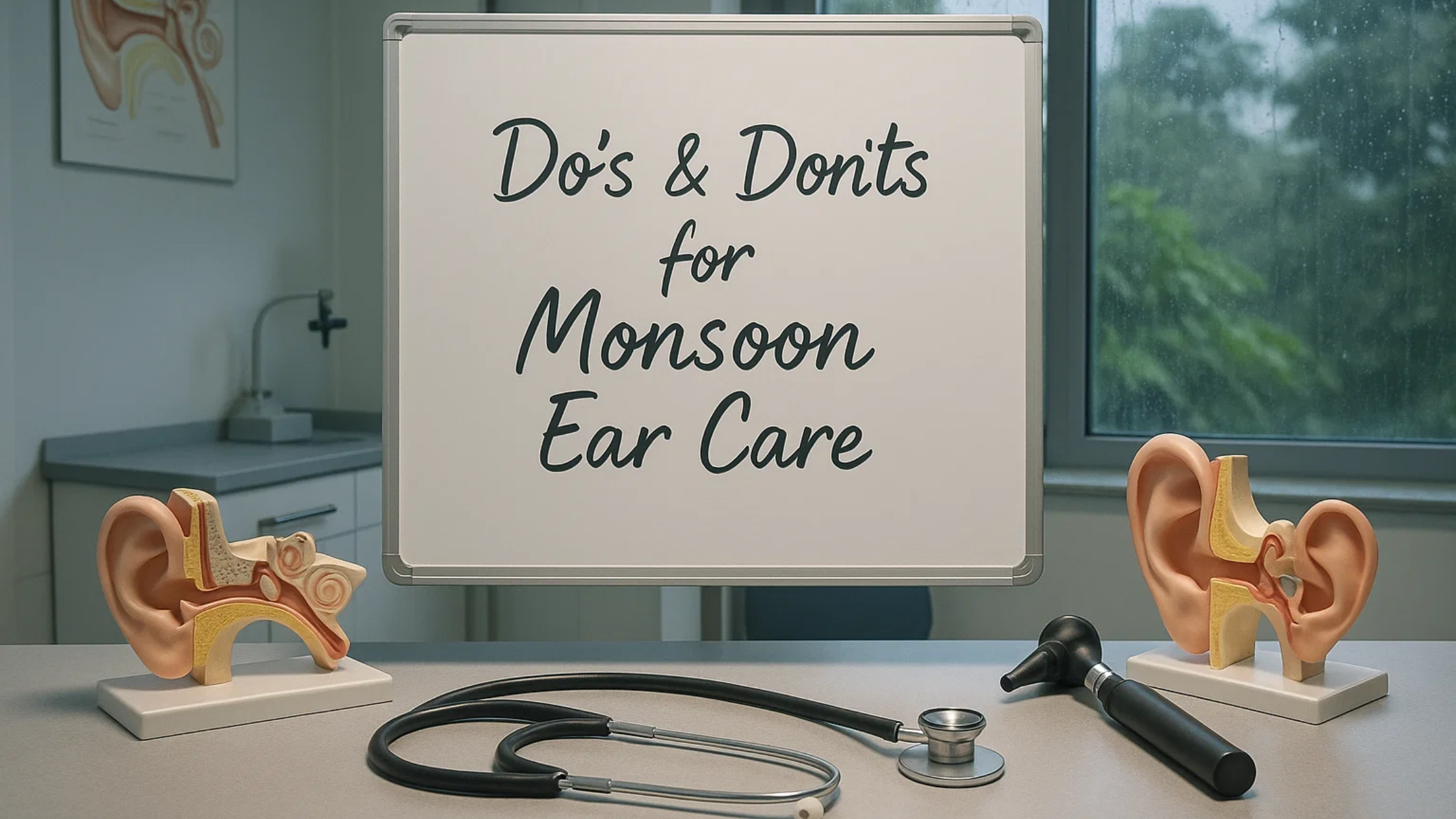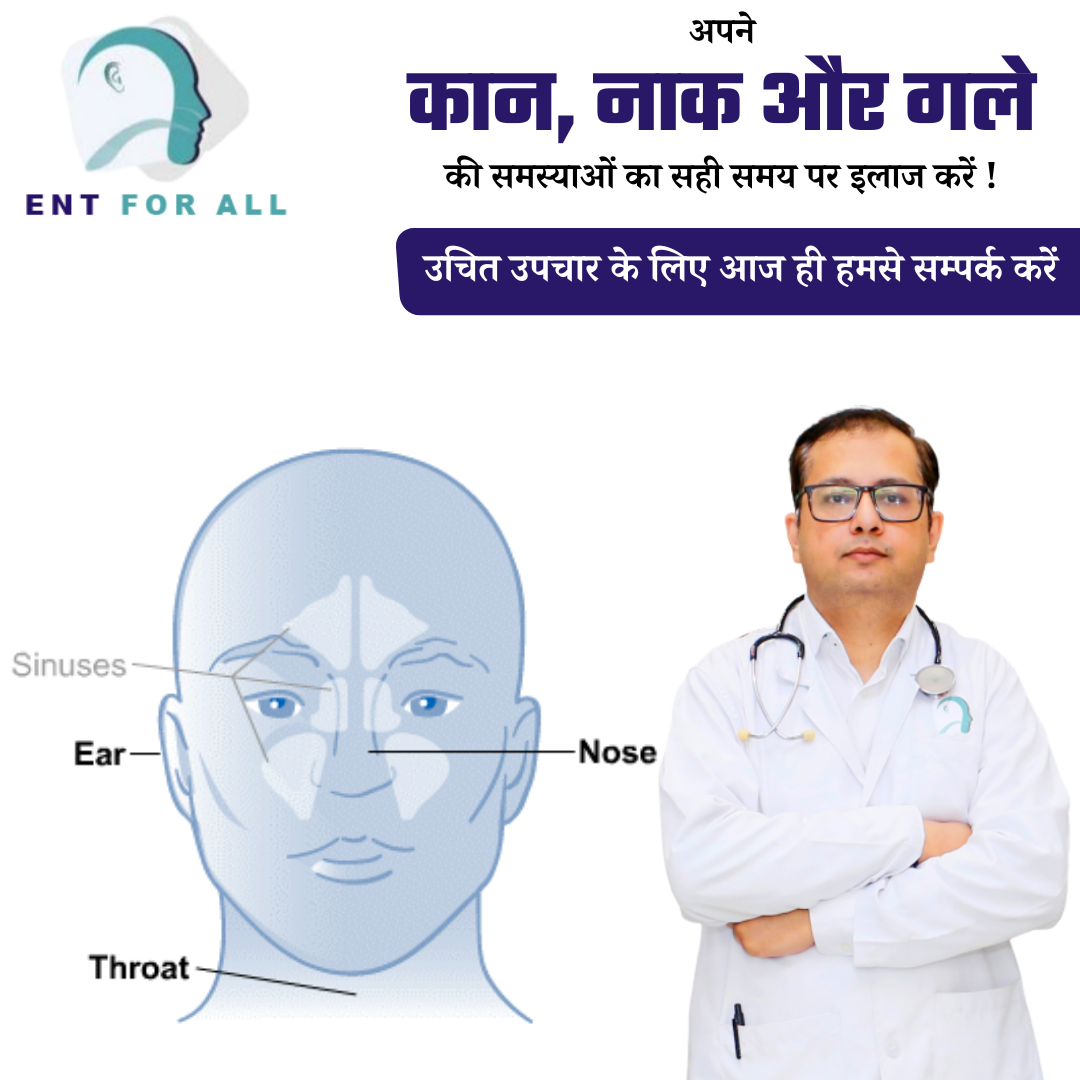1. Understanding Summer Nosebleeds: Why It Matters
Nosebleeds, medically known as epistaxis, are common occurrences where blood flows from the nose due to ruptured blood vessels inside the nasal lining. While they can happen any time of the year, summer months—especially in hot, dry regions like Rajasthan—see a spike in nosebleed cases.
Understanding the causes of summer nosebleeds and how to prevent them is crucial, particularly for children, older adults, and those with allergies or sinus issues. With proper care, most nosebleeds can be easily managed at home or with professional help from an ENT specialist.
2. Why Are Nosebleeds More Common in Summer?
| Cause | Description |
|---|---|
| ☀️ Dry Air and Heat | Extreme heat and low humidity dry out the nasal membranes, making them more prone to cracking and bleeding. |
| 🤧 Frequent Nose Blowing or Picking | Allergies, dust, and pollution irritate the nasal lining, leading to frequent nose blowing or picking—common triggers for nosebleeds. |
| 💧 Dehydration | Hot weather leads to fluid loss, and not drinking enough water can dry out the mucous membranes inside the nose. |
| 🌬️ Fans, ACs, and Coolers | Air conditioning and coolers can reduce humidity, further drying out the air and your nasal passages. |
| 🔥 Sun Exposure | Long hours in the sun cause blood vessels to dilate and become fragile, increasing the risk of spontaneous bleeding. |
3. Common Causes of Summer Nosebleeds
- Dry nasal passages due to weather or indoor cooling
- Allergic reactions to dust and pollen
- Excessive sneezing or nose blowing
- High blood pressure, especially worsened by heat stress
- Injury to the nose, particularly among children playing outdoors
- Medications such as nasal sprays, anticoagulants (blood thinners), or aspirin
4. Who Is at Risk?
Certain groups are more vulnerable to nosebleeds during summer:
- 🧒 Children – due to active play, allergies, and nose-picking
- 👴 Older adults – fragile blood vessels and medication use
- 😷 Chronic sinus sufferers – already inflamed nasal passages
- 🚶♂️ Outdoor workers – prolonged exposure to heat and dust
- 🌾 Allergy-prone individuals – higher chances of irritation
5. First Aid: What to Do During a Nosebleed
If a nosebleed occurs, follow these simple but effective steps:
- Sit upright and lean slightly forward – This prevents blood from flowing into the throat.
- Pinch the soft part of your nose just above the nostrils for 5-10 minutes.
- Apply a cold compress or ice pack to the bridge of the nose.
- Avoid talking, sniffing, or blowing your nose for a few hours afterward.
🩺 Seek medical attention if:
- Bleeding doesn’t stop after 20 minutes
- Nosebleeds are frequent or very heavy
- The person is on blood thinners or has a clotting disorder
6. Prevention Tips for Summer Nosebleeds
| ✅ Prevention Tip | Description |
|---|---|
| Stay Hydrated | Drink plenty of fluids throughout the day to keep nasal tissues moist from the inside. |
| Use a Humidifier | Especially useful at night if you’re using an air conditioner or cooler. |
| Apply Petroleum Jelly | A small amount inside the nostrils can prevent drying and cracking. |
| Avoid Irritants | Stay away from strong fragrances, cigarette smoke, and polluted areas. |
| Manage Allergies | Use doctor-prescribed antihistamines and avoid known allergens. |
| Avoid Nose Picking and Aggressive Blowing | Teach children, especially, to handle nasal discomfort gently. |
| Protect the Nose | Wear masks, helmets, or nose guards during outdoor sports or physical labor. |
7. When to Consult an ENT Specialist
Not all nosebleeds are minor. Consult an ENT doctor if you experience:
- Recurrent or unexplained nosebleeds
- Nosebleeds with headaches, facial pain, or sinus pressure
- Bleeding from both nostrils or unusual areas
- Nosebleeds caused by trauma or accidents
- Bleeding while on blood-thinning medications
8. How an ENT Clinic Can Help
At ENT for All, we offer a range of diagnostic and treatment options:
🩺 Services Include:
- Nasal endoscopy to identify internal causes
- Allergy testing and desensitization treatments
- Cauterization for recurring cases
- Customized care plans for people with sinusitis, hypertension, or nasal dryness
- Guidance on lifestyle changes and home care
We also help monitor patients who experience frequent bleeding episodes, ensuring they stay safe and healthy throughout the summer.
9. Final ThoughtsSummer nosebleeds may seem minor, but frequent or unexplained bleeding can signal underlying issues that need attention. From hot weather and dry air to allergies and dehydration, the triggers are common—especially in cities like Udaipur with intense summer heat.
The good news? Most nosebleeds are preventable with the right care. Simple steps like staying hydrated, using a humidifier, and avoiding nasal irritants can make a big difference. And when needed, expert help ensures you don’t suffer unnecessarily.
📞 Need Expert ENT Care in Udaipur?
Don’t let recurring nosebleeds affect your comfort and confidence this summer. Visit Dr. Sushant Joshi, Udaipur’s leading ENT specialist, for expert diagnosis, effective treatment, and personalized care. Known for his precision and compassionate approach, Dr. Joshi provides trusted solutions for nasal issues, allergies, sinusitis, and more.
Book your appointment today and breathe easy with the care you deserve.
👉 Stay cool. Stay healthy. Choose excellence in ENT care with Dr. Sushant Joshi in Udaipur.



